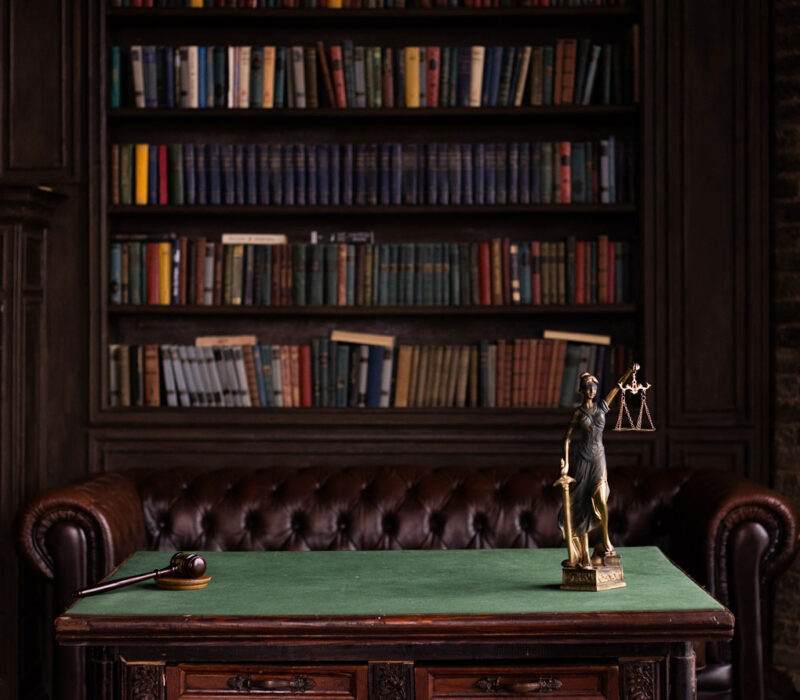Moral rights are an important consideration when companies are planning on utilising and/or exploiting creative works, as they give the creator or author of that work a number of rights that need to be considered. This article looks at those moral rights, as well as how to document a waiver of such rights to ensure that a company can utilise creative works as it wishes.
WHAT ARE MORAL RIGHTS?
Moral rights recognise the creative value of literary, dramatic, film, musical and artistic works. The creator of those works may have invested significant time, value, energy and creative input and as such moral rights protect these creative, non-economic interests.
There are four moral rights recognised in the UK:
- The right to attribution (the right to be recognised as the author of a work, otherwise known as the right of paternity)
- The right to object to derogatory treatment of a work (alteration to a work that would detrimentally affect the reputation of the author, otherwise known as the right of integrity)
- The right to object to false attribution (the right to object to work you did not create)
- The right to privacy of certain photographs and films (to prevent the publishing of work in a public forum without permission).
FOR WHAT WORK ARE MORAL RIGHTS APPLICABLE AND HOW LONG DO THESE RIGHTS LAST?
Moral rights are applicable for the following works: literary, dramatic, film, musical, artistic and some performance works. They do not apply in the case of sound recordings, broadcasts or typographical arrangements.
The rights of paternity, integrity and privacy last for the normal term of copyright, which is the life of the author plus 70 years.
The right to prevent false attribution is limited to 20 years after the death of the author.
Moral rights do not apply to all types of work e.g. the rights of identity and integrity do not apply to computer programs.
In order to ensure a company has the right to use creative works as it wishes, it is normal to see statements in rights-acquisition and licensing documents that all relevant moral rights have been waived (as they are unable to be assigned).
MORAL RIGHTS ISSUES RELATING TO EMPLOYEES AND CONSULTANTS
Moral rights do not apply in all circumstances and where a work is created by an employee and therefore usually belongs to the employer, there are only limited moral rights.
To ensure an employer gets the full benefit of the employee’s work, it is usual to include a waiver in the employment contract that automatically releases or partly releases employers from the burdens of the four above named moral rights which are vested in their employees.
Similarly, for consultants, companies commissioning works it is also strongly advised to obtain a waiver of the moral rights arising in respect of the works they commission (with the exception of computer programs or computer-generated works which do not attract moral right protection).
An example of a moral right wavier:
Linkilaw Solicitors
“You waive any moral rights in the Inventions and Works to which You are now or may at any future time be entitled under Chapter IV of the Copyright Designs and Patents Act 1988 or any similar provisions of the law in any jurisdiction, including (but without limitation) the right to be identified, the right of integrity and the right against false attribution, and agrees not to institute, support, maintain or permit any action or claim to the effect that any treatment, exploitation or use of such Inventions or Works or other materials infringes on your moral rights.”
HOW COULD WE HELP?
We are here to help, share our market knowledge and guide you through the key concepts discussed above. Book a call with our friendly and experienced legal team to discuss the best ways to protect your company.
Our legal commentary is not intended to be a comprehensive review of all developments in the law and practice. Please seek legal advice before applying it to specific issues or transactions.







